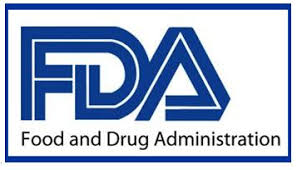
US FDA Bans Brominated Vegetable Oil in Food, Citing Safety Concerns
The US Food and Drug Administration (FDA) has announced a ban on brominated vegetable oil (BVO) in food, citing safety concerns. The decision, which takes effect on August 2, follows the agency's conclusion that BVO is unsafe for human consumption.
BVO, which contains bromine—a chemical found in fire retardants—has been used in small quantities in some citrus-flavored drinks in the United States to keep the flavor evenly distributed. The FDA's decision to revoke the regulation allowing BVO follows a similar stance taken by several other countries. The United Kingdom banned BVO in 1970, India in 1990, the European Union in 2008, and Japan in 2010.
The FDA first raised concerns about BVO in 1970, concluding that its use in food was not generally recognized as safe due to toxicity issues. Since then, the agency has regulated BVO as a food additive while conducting additional safety studies. These studies ultimately led to the decision to ban the substance.
Experts have expressed that the ban was overdue. Scott Faber, senior vice president of government affairs at the Environmental Working Group, called the FDA’s decision a victory for public health but criticized the long delay in regulatory action. "It's outrageous that for years Americans have been consuming a chemical banned in Europe and Japan. The FDA’s belated action on BVO underscores the urgent need for more rigorous and timely oversight of food additives," Faber said.
Many beverage manufacturers in the U.S. have already transitioned to alternative ingredients, according to the FDA. The agency noted that few beverages in the U.S. still contain BVO.